Michael's recent articles
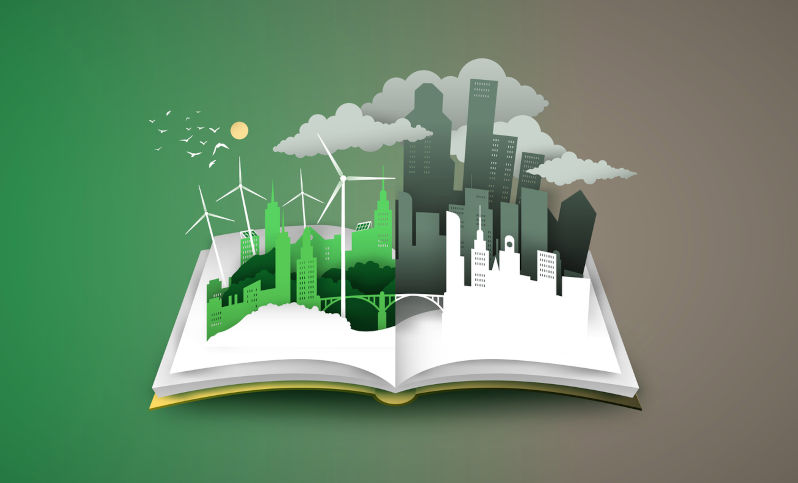
26 October 2025
Realism and optimism on energy transition
On the subject of energy decarbonisation, there are moonfaced optimists who insistently claim that net-zero emissions can easily be achieved by 2050, and “realists” like Vaclav Smil and Mark Mills, who warn that a transition away from society’s dependence on hydrocarbons, in Mills’s words, “is not feasible in any meaningful time frame”.
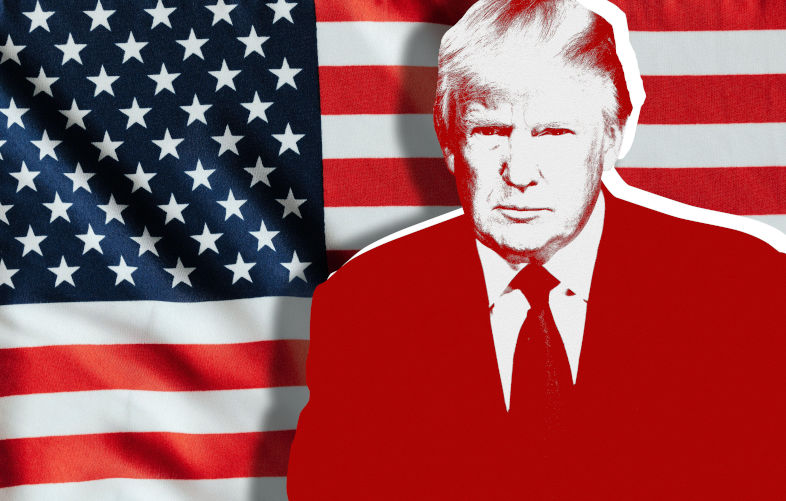
30 July 2025
The essential reader on Donald Trump
To learn the whole dreadful story of Donald Trump’s ascendancy to the presidency, one could not do better than to read Thom Hartmann’s forthcoming book, “The Last American President: A Broken Man, a Corrupt Party, and a World on the Brink”.
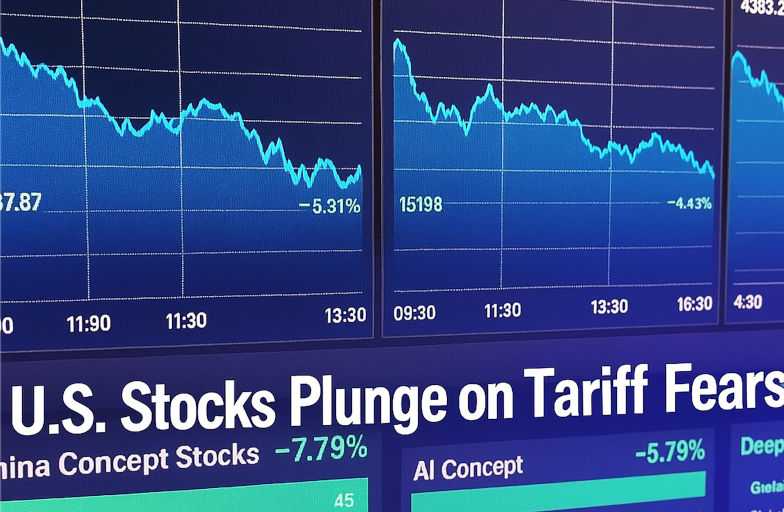
9 April 2025
The stock market: an instantaneous referendum
Large movements in the stock market can cause unexpected events beyond it to happen very quickly.
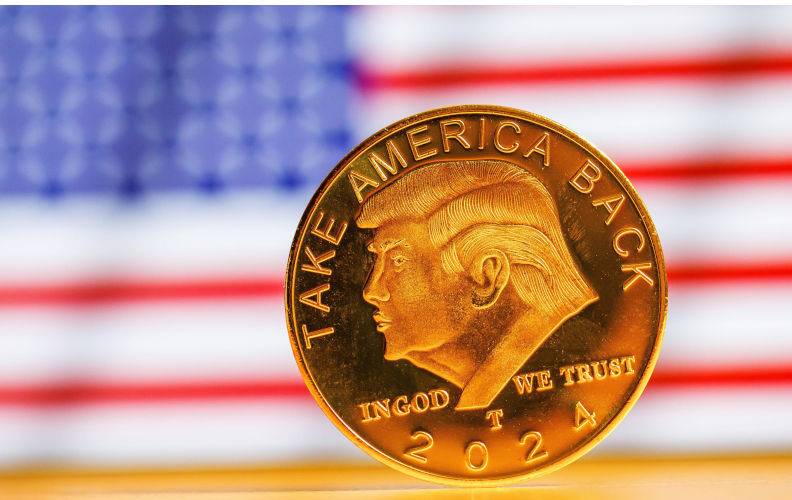
6 March 2025
What is an American with TDS to do?
Donald Trump is an awful person and a terrible president. But he may provide an enduring breath of fresh air when it comes to the black/white posturing about freedom versus authoritarianism.
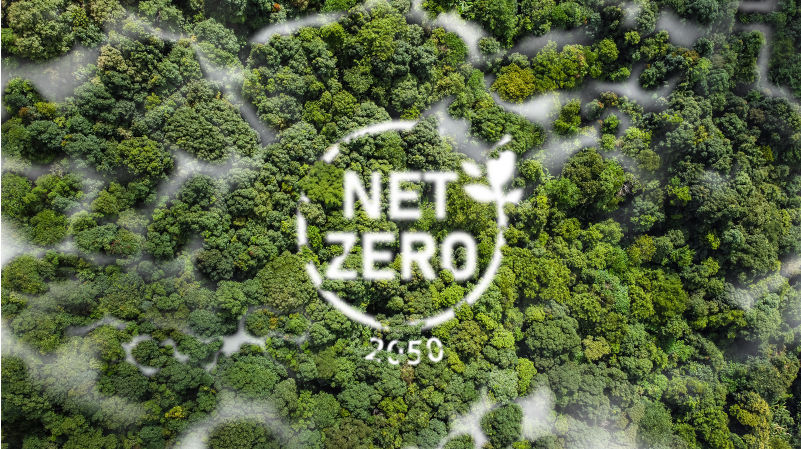
27 January 2025
What went wrong on the way to net zero
The atmosphere at a recent meeting to discuss the results of the 29th Conference of the Parties to the United Nations Convention on Climate Change was glum, to say the least. It was the result of four delusions that doomed the effort from the start.

15 January 2025
What Israel should have done
Israel chose the wrong way to deal with its enemies. For a better way, it could have borrowed a leaf from China.
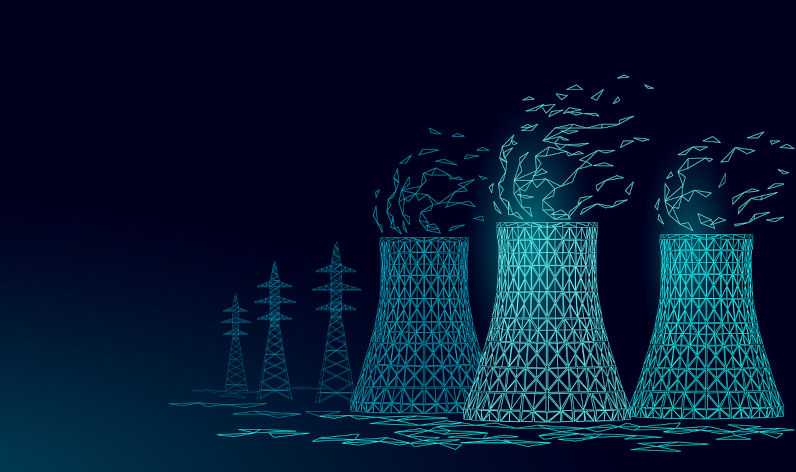
15 September 2024
The mistaken conventional wisdom about nuclear energy <links>
Recently, three articles have appeared in P&I about nuclear energy, one by Richard Broinowski on 29 August, one by Jim Coombs on 2 September, and a third by Joseph G. Davis on 3 September. All of them are negative about nuclear energy. The negativity in each case is driven by a fundamentally mistaken but widespread belief about nuclear energy safety. I respond here to these articles with a more positive view of nuclear.
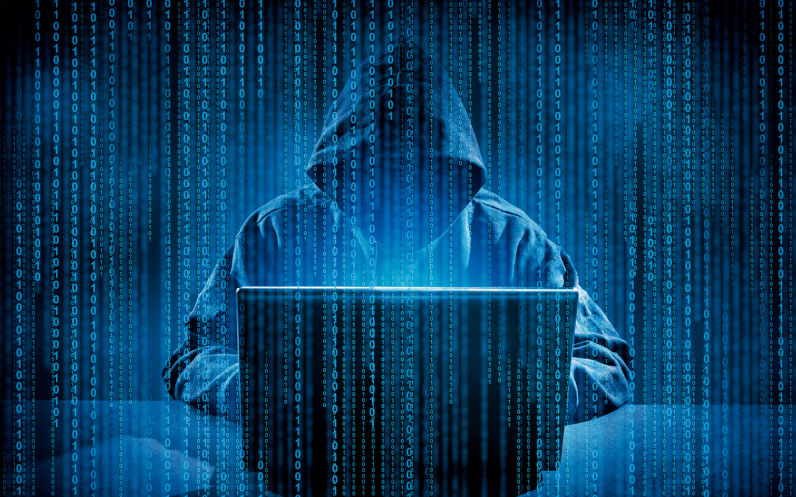
13 May 2024
The coming theatre of jiu-jitsu international conflict
Jiu-jitsu is a martial art in which one leverages one’s opponent’s strength in order to subdue them. It is increasingly likely to become the predominant mode of international conflict in the future. It will deploy the adversary’s greatest strength, its internal network of digital interconnections, as a wrecking ball. It is difficult to know if this will be a less destructive or more destructive form of international combat. We need to think carefully about this.
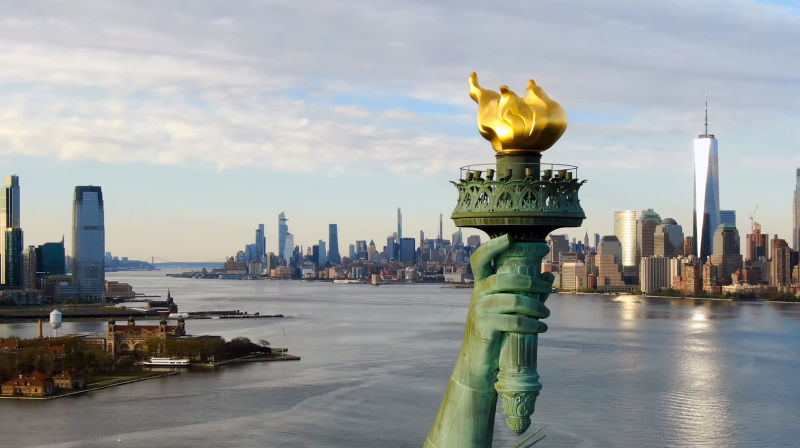
18 March 2023
Who stands for freedom?
I was recently sent an interesting article titled “Who Stands for Freedom” by the Nobel Prize-winning economist Joseph E. Stiglitz. The article is a review of the book “The Big Myth” by Naomi Oreskes and Erik M. Conway. It raised a fundamental question: Does China have more true freedom than the United States?
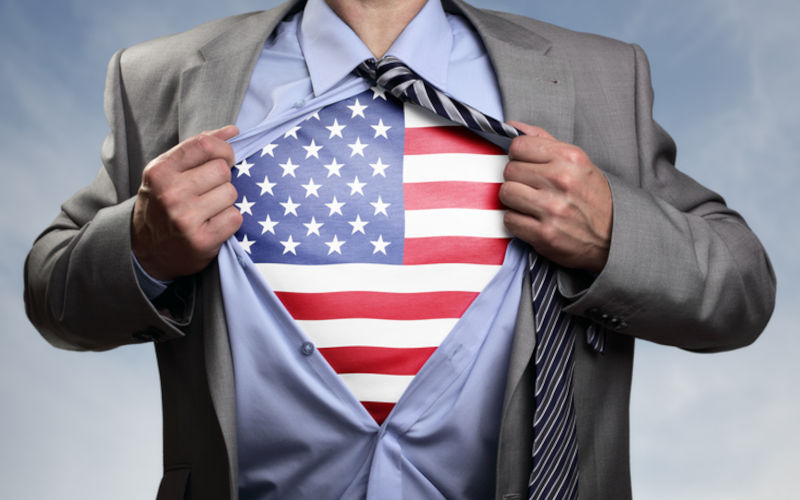
9 February 2023
America the strong
The foundational story of the United States of America is its fight for freedom against tyranny. Every schoolchild learns of how the American revolutionaries fought bravely to be freed from the tyranny of King George III of England. They learn the indomitable freedom fighters’ heroic sayings, such as “Give me liberty or give me death!” and “I regret that I have but one life to give for my country.”

20 November 2022
COP27: Investors are the wrong people to address climate change
The leaders in the creation of the low-carbon infrastructure of the future must be those who will know how to build it, not those whose principal occupation is trading shares on the secondary market. This is why I believe that China, despite its current dependence on coal, is much more likely to achieve its future carbon emission goals than the United States.
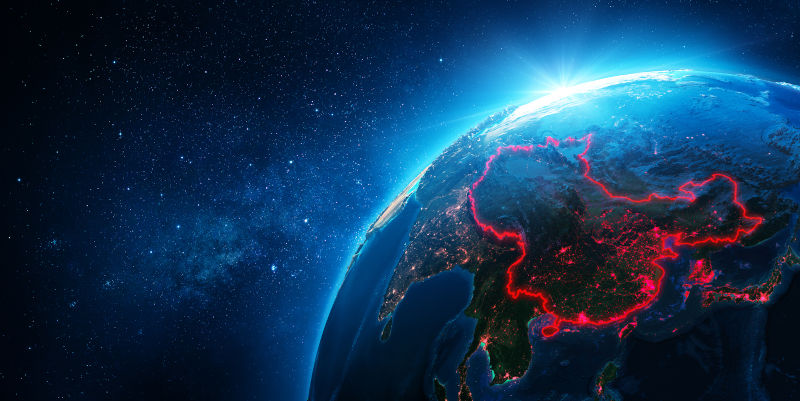
14 August 2022
The demonisation of China in the US goes on and on
In a recent exchange in the comments section of a United States media publication that is dedicated to a civil exchange of views and to abjuring the demonisation of differing views that is so common in the US, I found nonetheless a deeply entrenched demonisation of China.

27 February 2022
Cognitive dissonance fuels US antipathy to China
Cognitive dissonance, occurring when a deeply entrenched belief encounters countervailing facts, can cause the holder of the belief to deny or reinterpret the facts.